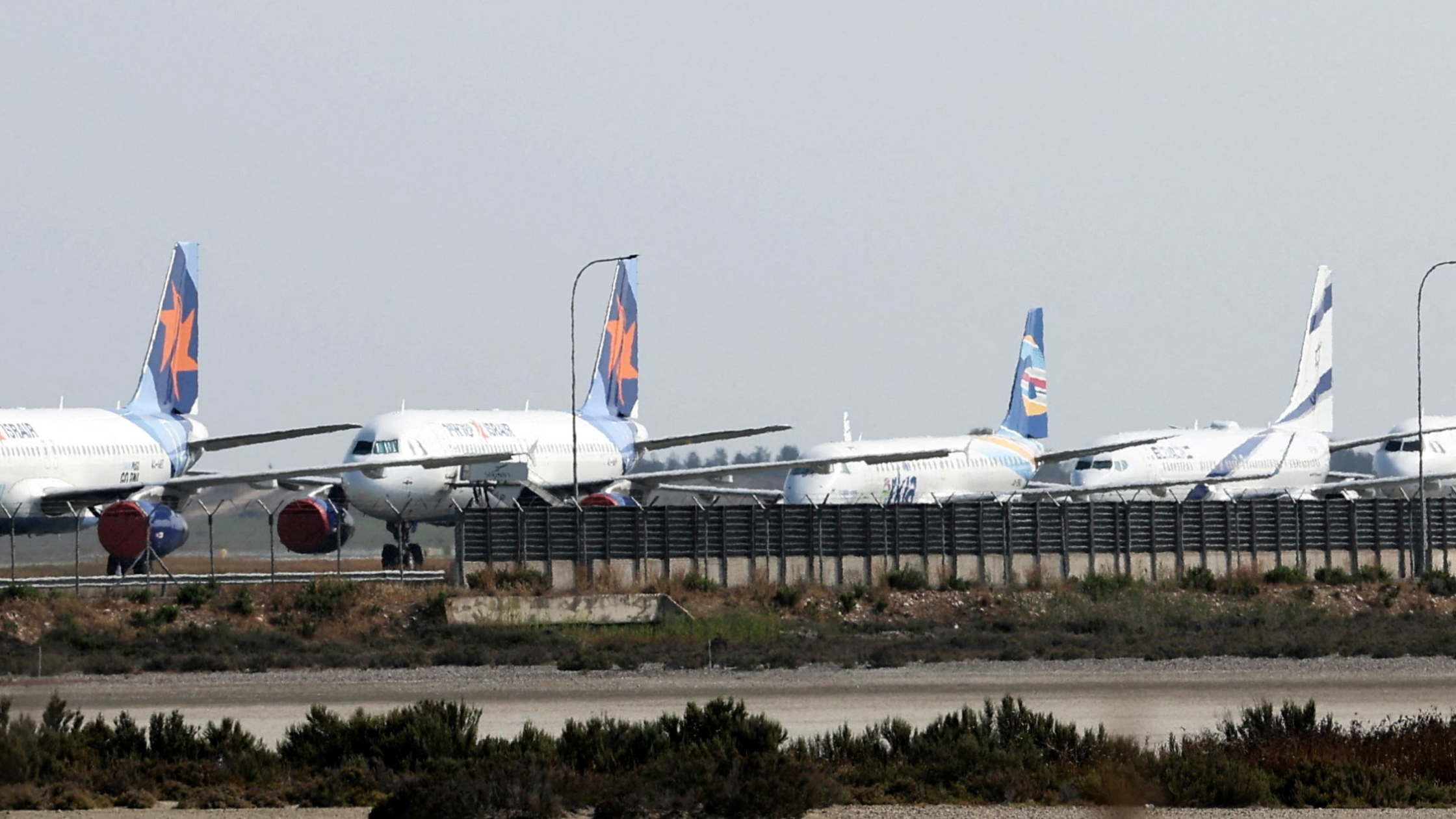Global Airlines Suspend Flights As Middle East Conflict Escalates Rapidly

The Middle East has once again become the center of global attention as escalating conflict between Israel and Iran, combined with the intervention of the United States military, has caused widespread disruption in international air travel. The aviation industry, already grappling with challenges posed by complex geopolitical dynamics, now faces heightened risks as tensions between these nations escalate into military action. Airlines across Europe, North America, and Asia have announced flight suspensions, diversions, and operational changes to ensure passenger safety and comply with new airspace restrictions.
Over the weekend, the United States conducted strikes targeting Iranian nuclear sites following more than a week of deadly missile exchanges between Israel and Iran. These developments have had an immediate and severe impact on the aviation sector, with airlines moving swiftly to adjust operations and minimize risks associated with flying through or near the conflict zone.
European Airlines Respond To Growing Regional Tensions
European carriers have been quick to act in response to the dangerous situation unfolding in the Middle East. British Airways made the decision to cancel flights between London’s Heathrow Airport and key Gulf destinations, including Dubai and Doha, on Sunday following the US military strikes on Iran. However, by Monday, British Airways indicated that it planned to resume normal service on these routes, reflecting the airline’s adaptive approach to rapidly changing security conditions.
Air France has suspended flights to Saudi Arabia and the United Arab Emirates until at least Tuesday as part of its strategy to prioritize passenger safety. The airline has also extended its suspension of flights between Paris and Tel Aviv until July 14. In addition, Transavia, the low-cost subsidiary of Air France, has halted flights between Paris and Beirut until June 30 and will not resume flights to Tel Aviv before September 7.
The Lufthansa Group, which encompasses Lufthansa, Swiss, Austrian Airlines, and ITA Airways, has taken comprehensive measures to protect its operations. All flights to the broader Middle East region have been suspended until June 30. Routes to Amman and Erbil are on hold until July 11, while flights to Tel Aviv and Tehran will not resume before July 31. Furthermore, Lufthansa and its associated airlines are actively avoiding the airspace of nations directly involved in the conflict, choosing alternative paths that ensure safety, even at the cost of longer travel times and higher fuel consumption.
Aegean Airlines, Greece’s national carrier, has suspended services to Tel Aviv until July 12, with flights to Amman, Beirut, and Erbil halted until June 28. Pegasus Airlines, based in Turkey, has cancelled its flights to Iraq, Jordan, Lebanon, and Iran with varied restart dates, many of which are not expected before late July. Turkish Airlines currently has no flights available to Baghdad, Damascus, or Tehran before July 1. Finnair has also responded by suspending its Doha flights and avoiding the airspace of Iran, Iraq, Syria, and Israel.
US And Canadian Airlines Adjust Operations Amid Heightened Risk
North American airlines have similarly adjusted their operations to minimize exposure to conflict zones. United Airlines has warned passengers that flights to and from Dubai scheduled between June 18 and July 3 may be disrupted by ongoing hostilities. The airline has introduced flexible ticket change policies for these routes. Additionally, United is offering no-fee changes for passengers booked on flights to Tel Aviv between June 13 and August 1, allowing travelers to rebook to alternative European destinations.
Air Canada has suspended its daily nonstop service between Toronto and Dubai beginning June 18, with the airline warning that the suspension could extend depending on how the situation evolves. Passengers are encouraged to reroute through Europe using partner airlines. American Airlines has adopted similar measures, allowing no-fee changes for customers with bookings to Doha between June 19 and July 20.
These decisions reflect the cautious stance taken by North American carriers as they monitor the unfolding conflict and prioritize the safety and security of passengers and crew.
Asian Airlines Move To Protect Operations And Passengers
Asian airlines, many of which have strong links to the Middle East through passenger and cargo routes, have acted decisively to safeguard their operations. Singapore Airlines has announced the cancellation of eight Dubai flights, with two flights per day suspended between Sunday and Wednesday. The airline continues to evaluate the situation, ready to extend these measures if necessary.
Other carriers across Asia are adjusting flight paths to avoid affected airspace. Longer routes that steer clear of conflict zones are being used despite the operational challenges of increased fuel costs and extended travel times. The primary goal remains to ensure the security of passengers, crew, and aircraft as geopolitical risks in the region intensify.
Widespread Impact On Global Aviation Networks
The ripple effects of the Israel-Iran conflict and US military strikes are being felt far beyond the Middle East. The closure of key air corridors and the need to avoid dangerous airspace have significantly extended the duration of many long-haul flights, particularly those connecting Europe and Asia. These detours have resulted in higher fuel consumption, increased operational costs, and complex scheduling adjustments for airlines already operating on thin margins.
Cargo operations have also been severely impacted. Air freight routes that traverse the Middle East are being rerouted, creating delays and increasing costs for businesses dependent on timely shipments. Supply chains that rely on these key air routes are experiencing disruptions, highlighting the global economic consequences of regional conflict.
International aviation authorities and regulators are working closely with airlines to provide updated guidance on airspace safety and operational best practices. The situation remains fluid, requiring constant vigilance and coordination to manage the risks associated with flying near or through volatile regions.
Industry Braces For Ongoing Uncertainty
With no immediate resolution in sight to the conflict between Israel and Iran and the added complexity of US military involvement, the aviation industry is preparing for the possibility of prolonged disruption. Airlines are expected to maintain cautious and flexible operations, continuing to monitor developments and adjusting strategies as required to protect passengers and staff.
The aviation sector has long demonstrated resilience in the face of geopolitical tensions, and the current crisis serves as yet another test of the industry’s ability to navigate complex and rapidly evolving security landscapes. Passenger safety remains the top priority, guiding every decision airlines make as they seek to maintain essential connectivity while minimizing exposure to risk.








2 Comments
[…] With direct flights to major global hubs, local retailers can reach customers in Europe, the Middle East, and beyond without the logistical complexities of traditional shipping. This is particularly […]
[…] the incident, American Airlines grounded the aircraft and removed it from service. Maintenance teams have since launched a thorough […]
Comments are closed.